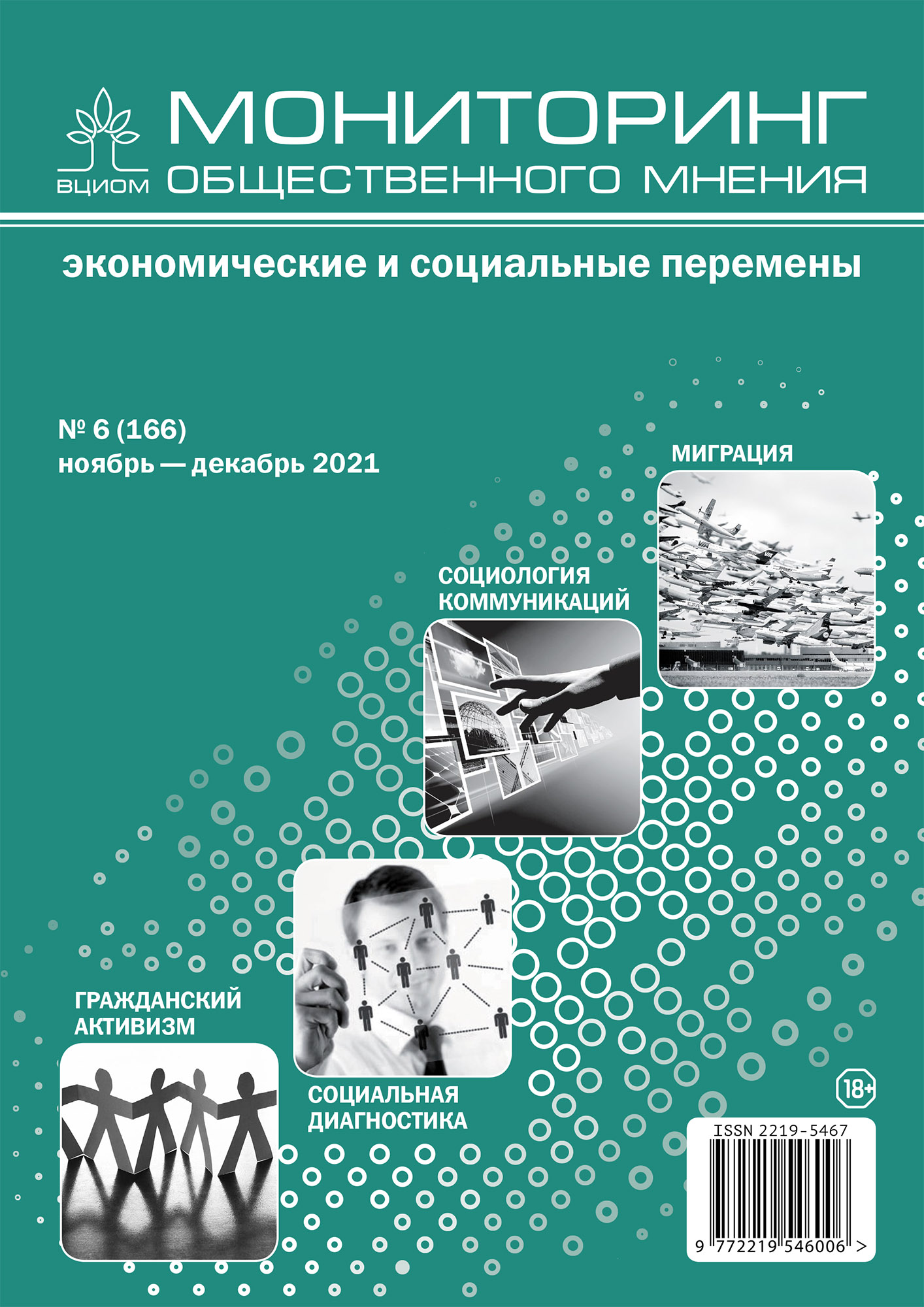Not Unique, not Universal: Risk Perception and Acceptance of Online Voting Technology by Russian Citizens
DOI:
https://doi.org/10.14515/monitoring.2021.6.2027Keywords:
online voting, internet voting, trust, technology adoption, perceived risk, structural equation modeling, InternetAbstract
What is the connection between Russian citizens' perception of Internet voting and the context of its top down adoption with their readiness to use it? To investigate this question, we use Structural Equation Modeling (SEM) to account for both observed and latent indicators of technology adoption and their linkage with the Internet voting use intent. The authors use survey evidence from VCIOM (2020) and a national survey of Internet users conducted by Online Marketing Intelligence (OMI) company in 2021. This study provides some support to the application of theoretical expectations formulated in the context of Western democracies to the Russian population's voting technology attitudes. The findings indicate that the use of the Internet is not a robust measure of technology acceptance anymore, and a more nuanced approach to the experiences of Internet usage is needed. Internet users appear to be more concerned about privacy, the possibility of fraud, and external interference than the respondents drawn from the overall population. The authors suggest that it is due to acceptance of risks seeming inevitable and to bigger digital literacy and therefore awareness about the risks posed by voting online.
Acknowledgments. The authors are grateful to anonymous reviewers for their astute observations and criticism. For their helpful comments, we thank our senior colleagues at HSE University: A. S. Akhremenko, K. L. Marquardt, and M. G. Mironyuk.
Downloads
Published
How to Cite
Issue
Section
License
Copyright (c) 2021 Monitoring of Public Opinion: Economic and Social Changes Journal (Public Opinion Monitoring) ISSN 2219-5467

This work is licensed under a Creative Commons Attribution-NonCommercial-ShareAlike 4.0 International License.






